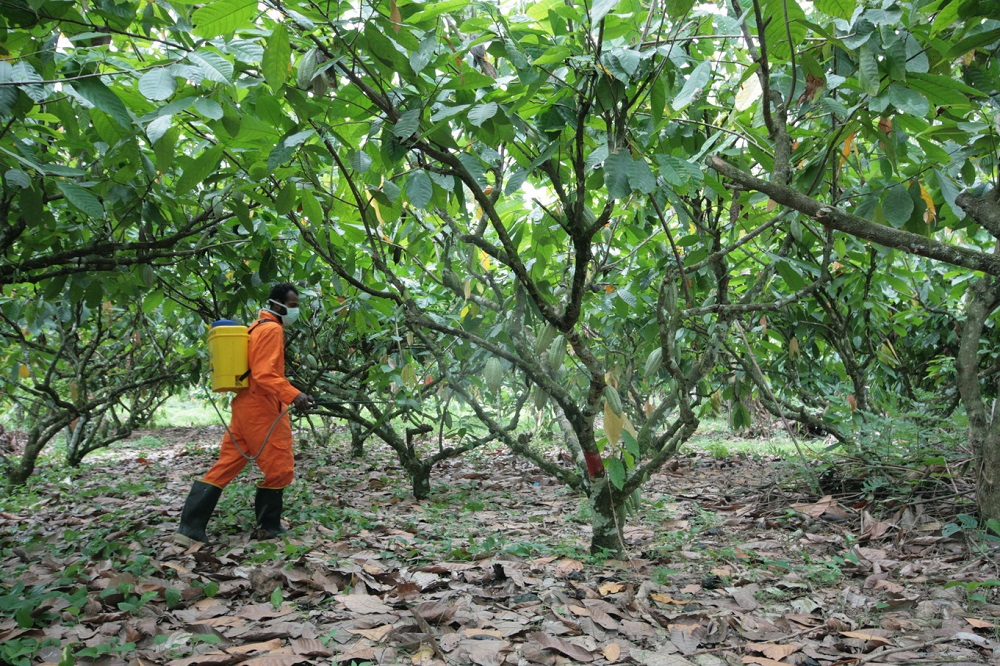Be Slavery Free has released their second annual Chocolate Scorecard, ahead of Easter.
The scorecard rates chocolate companies on a variety of ways they protect the rights of farmers who harvest the cocoa needed to make chocolate. It considers categories such as traceability, safeguarding against child labour, and environmental impact.
Fuzz Kitto is Be Slavery Free’s Co-Director. He said that when he visits cocoa farmers in West Africa, he often asks them the question, “If you were me, what would you want to ask leaders of chocolate companies when I meet with them?” The most common response he receives is, “Who are you? We don’t know you! Why don’t you come down here to our farms and see what it’s really like?”
During discussions with cocoa leaders and government officials in Cameroon, Fuzz Kitto and Ruben Bergsma, Be Slavery Free’s Director of the Chocolate Scorecard, asked how they plan to meet the requirements of EU Deforestation and Human Rights Due Diligence Regulations. The response was that they didn’t know how they are going to do it and need assistance from the EU or chocolate companies. This is an emerging concern for those affected by EU regulations, particularly in Africa: will there be enough compliant cocoa for our insatiable desire for chocolate?
The chocolate industry is undergoing significant change, but certain aspects, such as farmer poverty, remain unchanged despite being a longstanding issue. It is essential that the chocolate industry continues to prioritise sustainability, fair labor practices, and environmental conservation. This includes ensuring fair compensation for farmers, promoting responsible sourcing practices, reducing pesticide use, and safeguarding against child, any forced labour, and deforestation.
The chocolate industry has resources to address these challenges. It is powerful and lucrative. Consumption is around one kilogram for each person on the planet – 7.7 billion people. Forecasted revenue growth stands at 5.6 percent, surpassing global economic growth estimates of 2.6 percent. In 2024, it is expected to generate around US$254 billion.
The Chocolate Scorecard initiative is coordinated by Be Slavery Free in collaboration with various stakeholders. It aims to promote transparency, accountability, and responsible practices within the industry. By evaluating companies on social and environmental criteria, the Chocolate Scorecard provides valuable information for consumers to make ethical purchasing decisions and incentivises companies to improve their performance in these areas.
Be Slavery Free hope that initiatives like the Chocolate Scorecard play a role in fostering transparency and accountability.
The Chocolate Scorecard is available here.












